Gas Works Park
This former coal gasification plant found a curious second life as a popular public park.
Gas Works Park rises above the north shore of Lake Union, a vaulted rampart of rusted towers and pipelines that serve as a testament to a bygone industrial age.
Once a productive gasification plant, which converted superheated coal and crude oil into synthetic gas, the curious structure has been preserved since the plant’s closure in 1956 and opened to the public as a park in 1975.
The plant primarily provided the city with gas for energy during its half-century of operation. It was officially acquired by the City of Seattle in 1962. Landscape architect Richard Haag piloted the development of the project, and eventually went on to win an American Society of Landscape Architects Presidents Award for his design. Haag and his team were responsible for retaining most of the plant’s original structure, as well as introducing oil-degrading enzymes into the surrounding area to stimulate the breakdown of toxic contaminants in the soil. In an interview, Haag stated that out of the 15,000 gas plants built across America, the gasification equipment at Gas Works Park are the last of their kind.
Nowadays, Gas Works Park has been expanded into seven sections open to the public, although much of the works remains fenced off due to safety concerns (forming what has been beguilingly described as the plant’s “forbidden zone”). The park hosts everything from free concerts to athletic competitions to kite-flying and live action roleplaying tournaments. It remains one of the most popular free spaces in Seattle, and stands as a uniquely captivating draw to both locals and tourists alike.
Know Before You Go
Because the lake sediment may contain hazardous materials, entering the water from the park is prohibited.
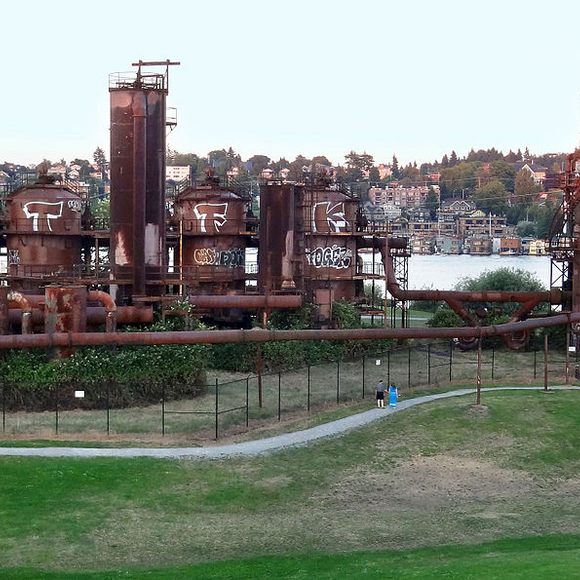

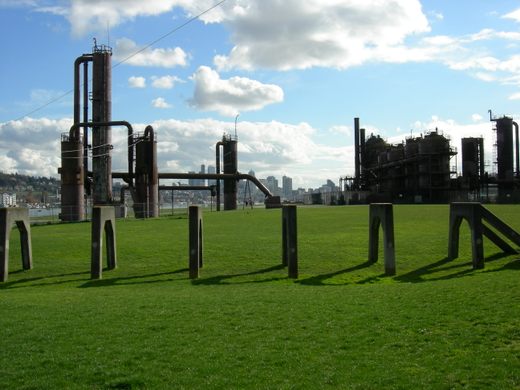


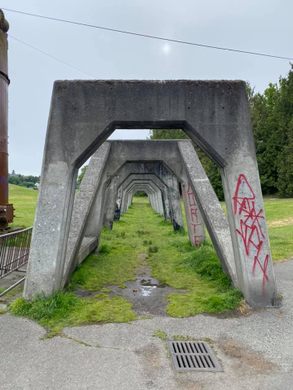
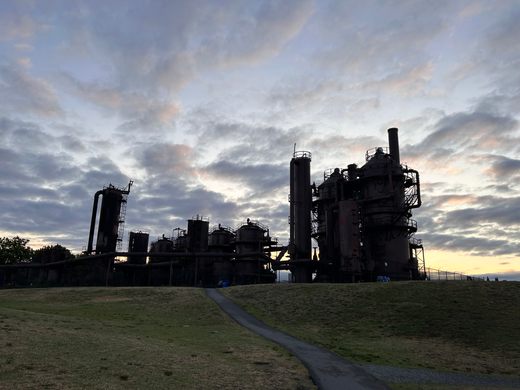


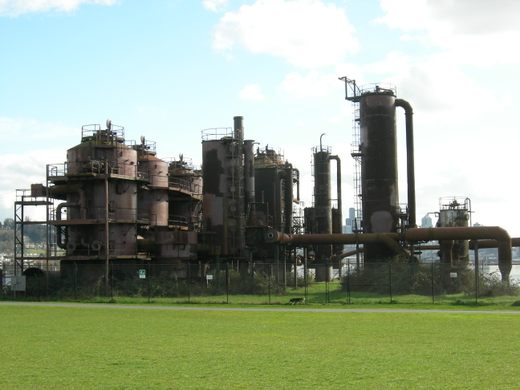
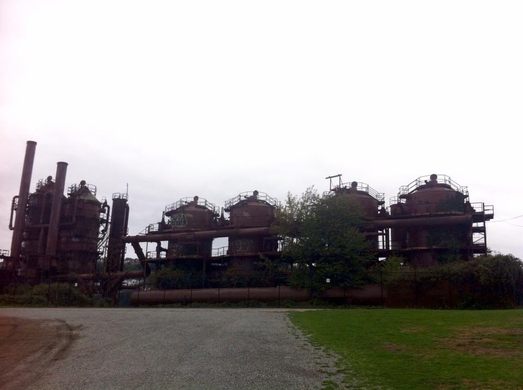



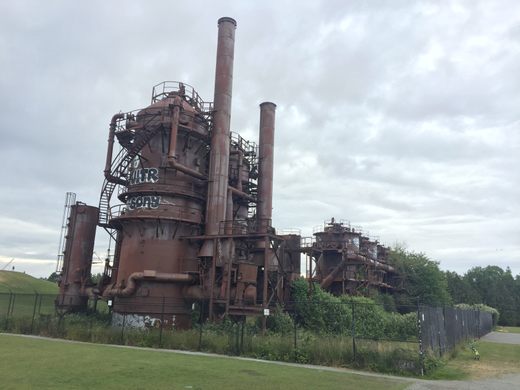
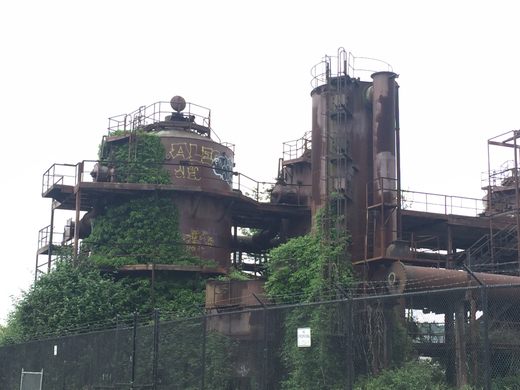

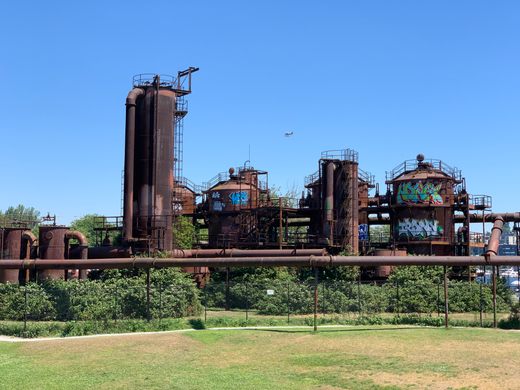

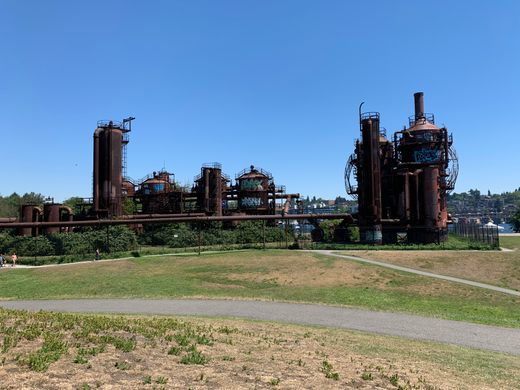
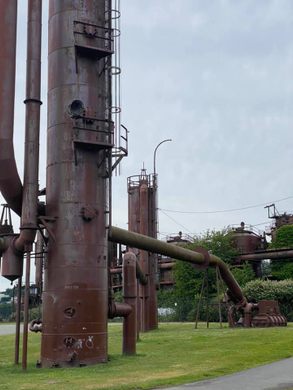
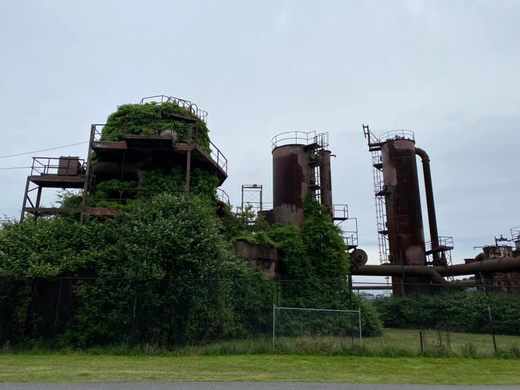
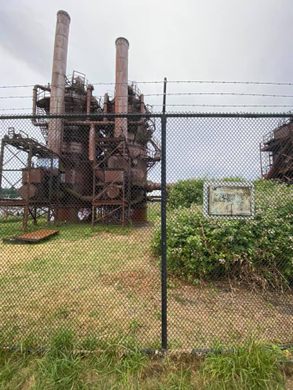












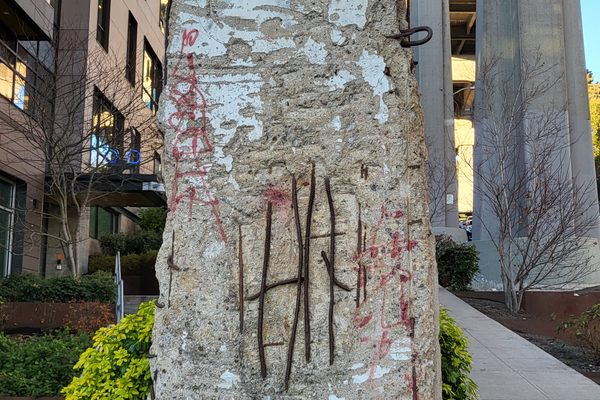
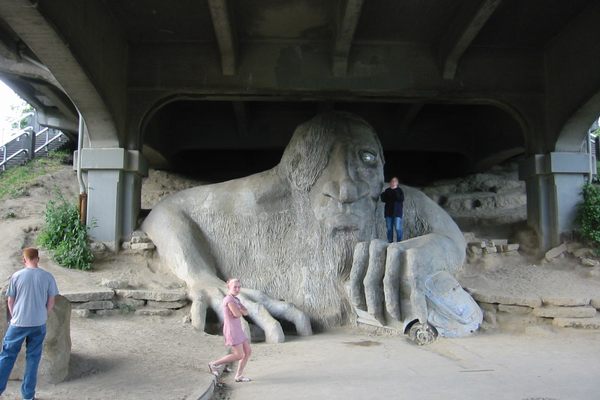



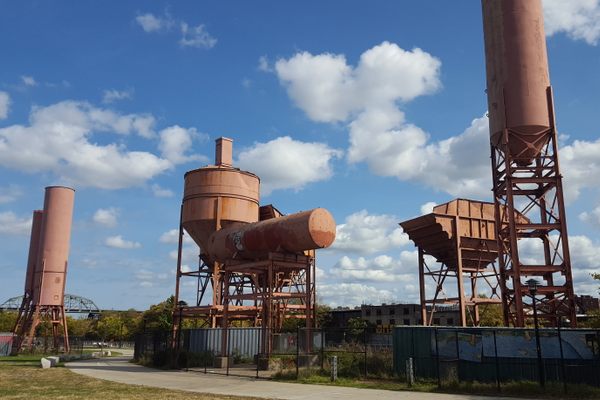


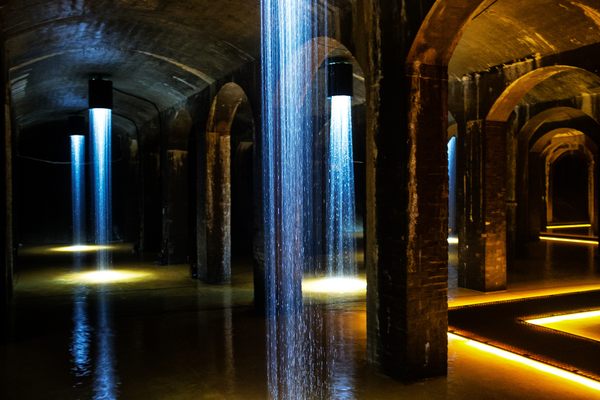

Follow us on Twitter to get the latest on the world's hidden wonders.
Like us on Facebook to get the latest on the world's hidden wonders.
Follow us on Twitter Like us on Facebook